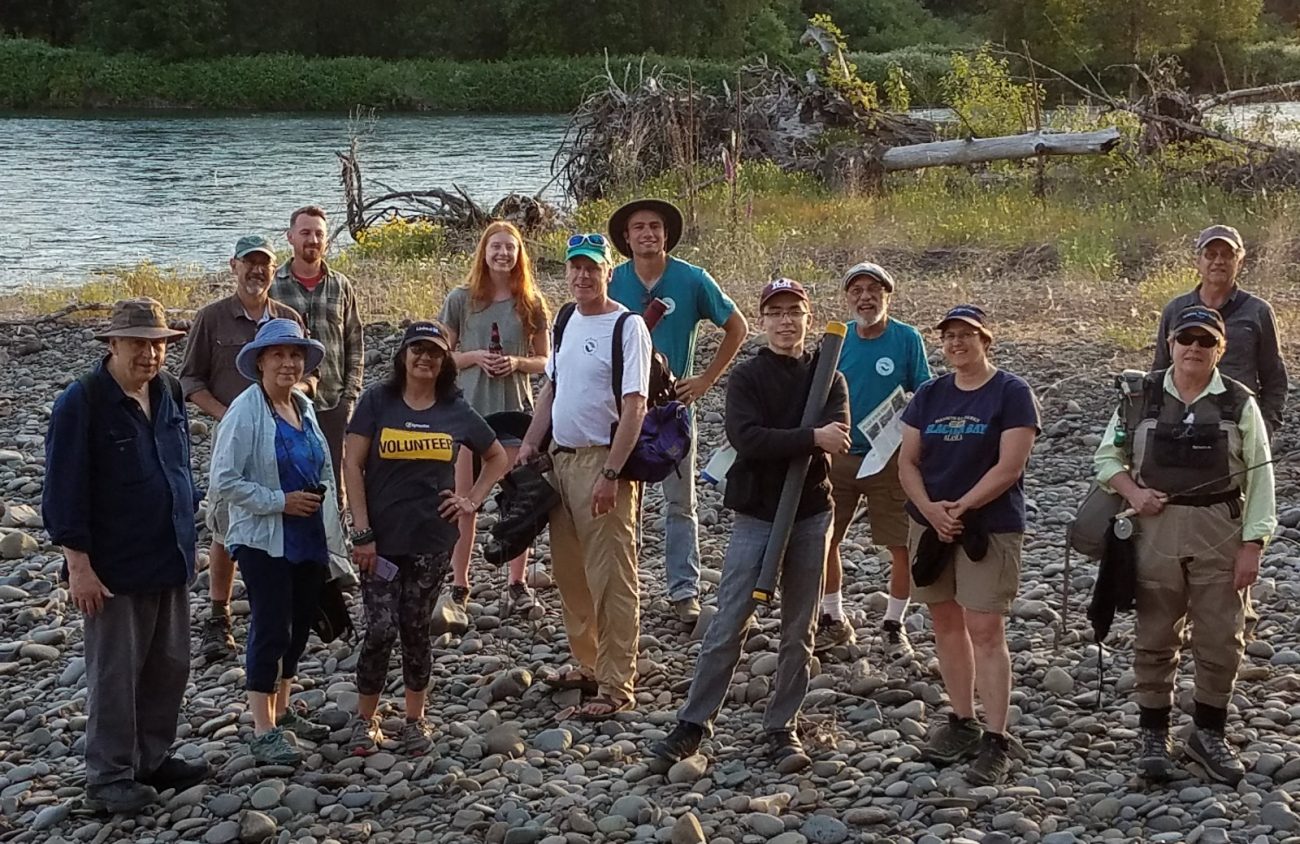Each member of Congress is allowed to invite someone the State of the Union Address, and this year, Rep. Peter DeFazio is bringing the executive director of McKenzie River Trust, Joe Moll.
Although DeFazio says he will not be attending, Moll, the executive director of Mckenzie River Trust, will be sitting in the audience, representing water protection.
In choosing his guest, DeFazio says he tries to bring someone to highlight an issue he might have with the administration. Sometimes, he has brought someone in to support something the administration has done.
DeFazio invited Moll to protest the Trump Administration’s rollback of the Clean Water Act. He says this rollback on protections for water sources threatens the drinking water of 117 million Americans and other species who depend on it for survival.
“I really wanted to respond to that,” DeFazio says in an interview with Eugene Weekly. “I’m old enough. I remember when the Willamette River was an open sewer. Back East, rivers actually caught on fire it was so bad.”
Under the new rule, DeFazio says, thousands of sewer plants, industrial plants and other pollution entities will be deregulated. He says this is complicated by the fact that there are so many things coming out of the administration, making it complicated for people to keep track of various changes.
The U.S. Water Environmental Agency (EPA) says the administration’s “Dirty Water Rule” will also eliminate protections on between 18 to 71 percent of the nation’s stream and river miles and over 50 percent of wetlands.
“They are going to do it to allow developers and polluters free reign,” DeFazio says.
Moll has been with McKenzie River Trust since 2005, and says water is a basis for community development because it is a community investment.
“We really need to be thoughtful about what we do with our water resources,” Moll says. He wants to advocate for how important water sources are to infrastructure, which ensures people have clean drinking water in their daily lives.
Moving forward, DeFazio says Congress has potential jurisdiction over the Clean Water Act and is researching the best path forward.
DeFazio adds that he and Moll have also discussed other water issues, like extreme weather and flooding due to climate change. He says he wants to move in the direction of using natural systems.
During his visit in Washington D.C. Moll will meet with the Army Corps of Engineers, staff of the House Committee on Transportation and Infrastructure and other Oregon delegates.
“I think all members of congress in Oregon recognize how good clean water is for the community,” Moll says.
